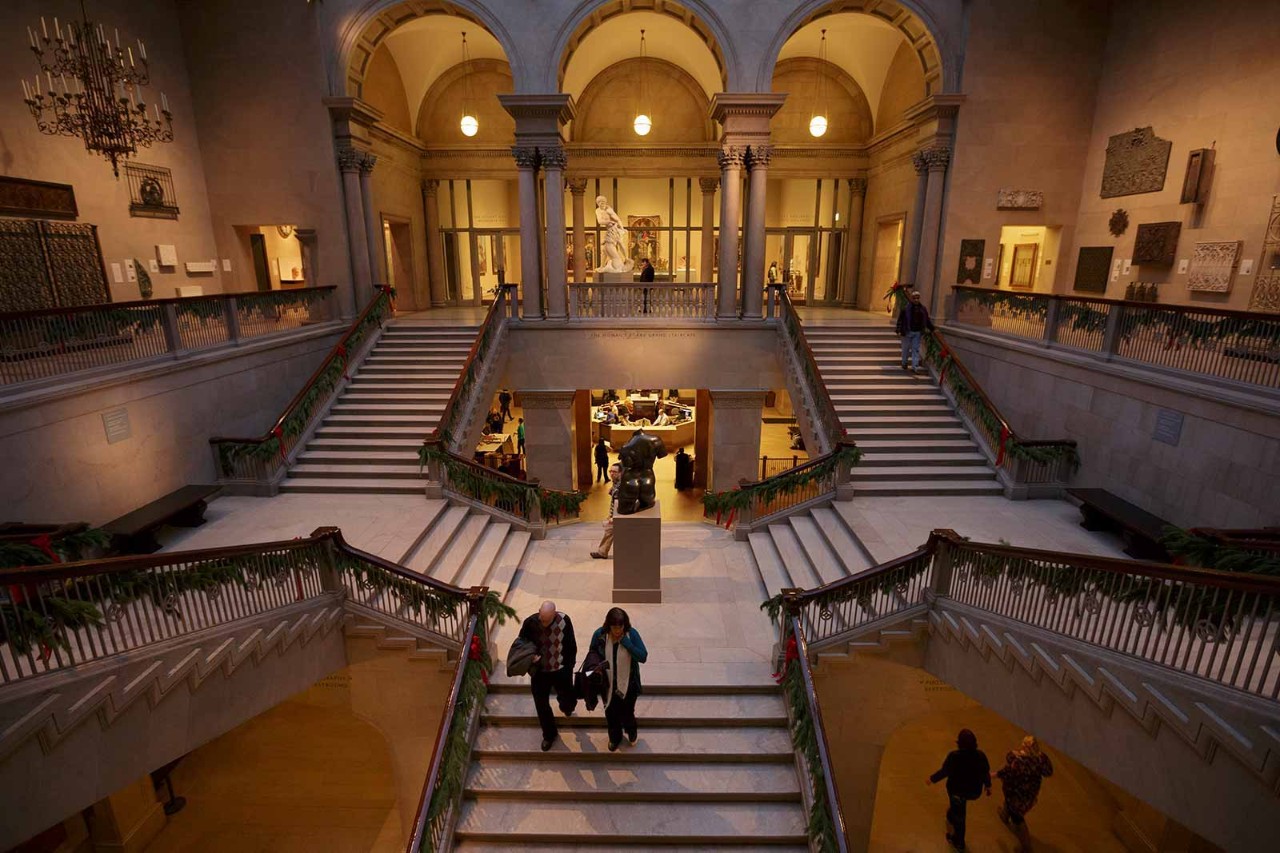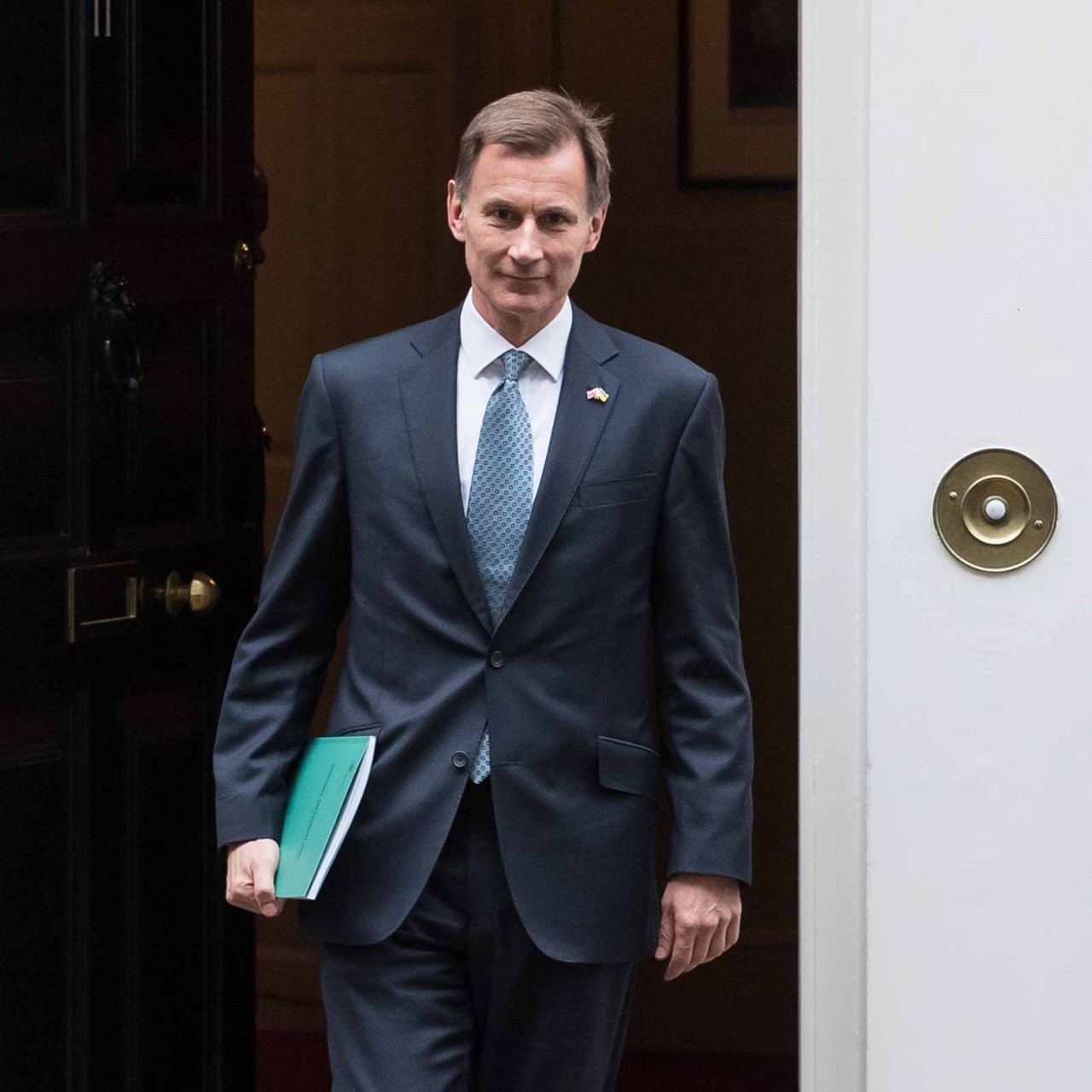
The interviews we’ve run in AB over the past year show the variety of the roles and skills of our members, and the many fascinating experiences they’ve had throughout their careers. Here are some of this year’s highlights.
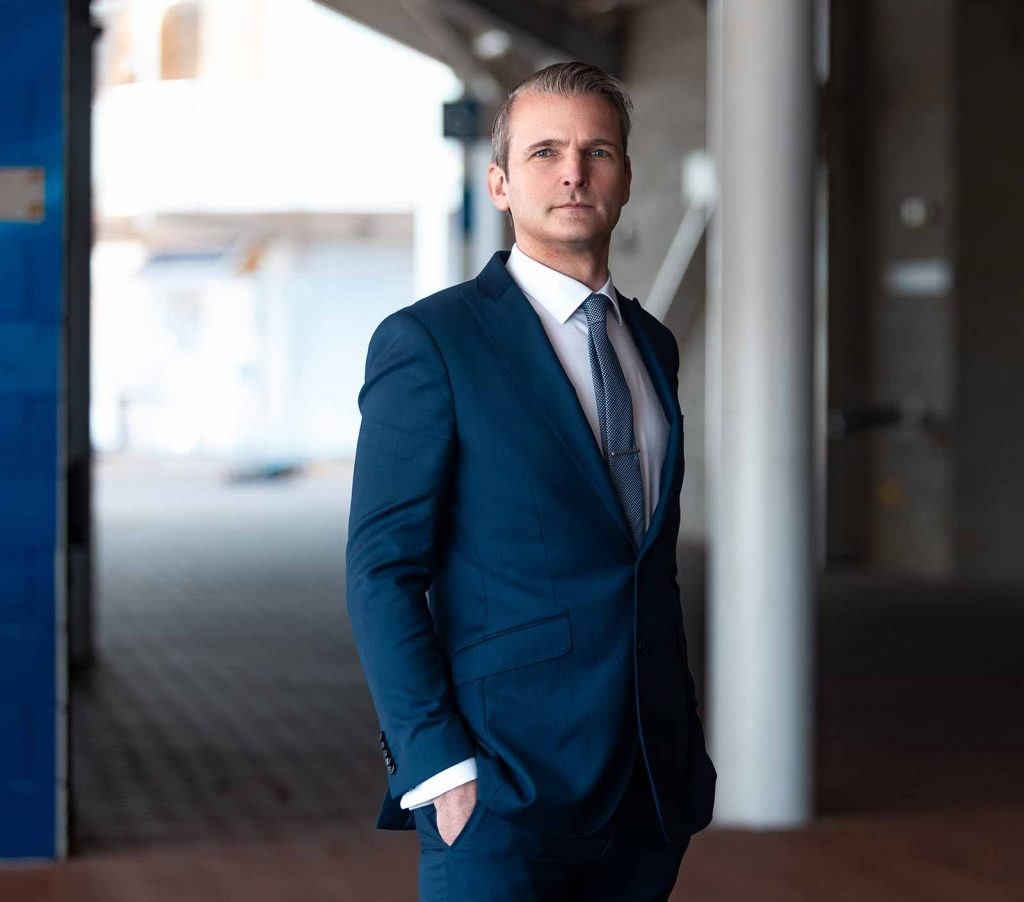
Steven Exley FCCA
Group FD, The Ageas Bowl, home of Hampshire Cricket
Previously I was working at Manchester City and Millwall football clubs where, as with Hampshire Cricket, we saw the value of building communities and the value of sport as a social and economic benefit to the wider community as hugely important. As the City Football Group expanded, we considered how we could expand our communities around the world. At Millwall, a huge amount of work went into ensuring that the local communities in south London had access to coaching and education programmes.
A lot of the principles around cost control, maximising matchday revenues and investment appraisal were exactly the same at both clubs – albeit with a few more zeros on the end of the figures I was dealing with at Man City, where in one summer we signed over a quarter of a billion pounds’ worth of players.
‘I don’t want to be an accountant who just does accountancy’
Cécile Parker FCCA
CFO, Vital Energi Group
As finance professionals, we have to understand why it’s so important to take action on climate change. We need to provide transparency on the performance of our organisations as well as providing leadership and information for decision-making.
We’re seeing bigger and bigger expectations around how businesses act in relation to sustainability, which is driving a bigger involvement from us finance professionals.
I don’t want to be an accountant who just does accountancy. That doesn’t float my boat. It’s the commercial aspect of things, the strategic side of the business, that I find interesting. Volunteering for projects has given me an opportunity to widen my horizons.
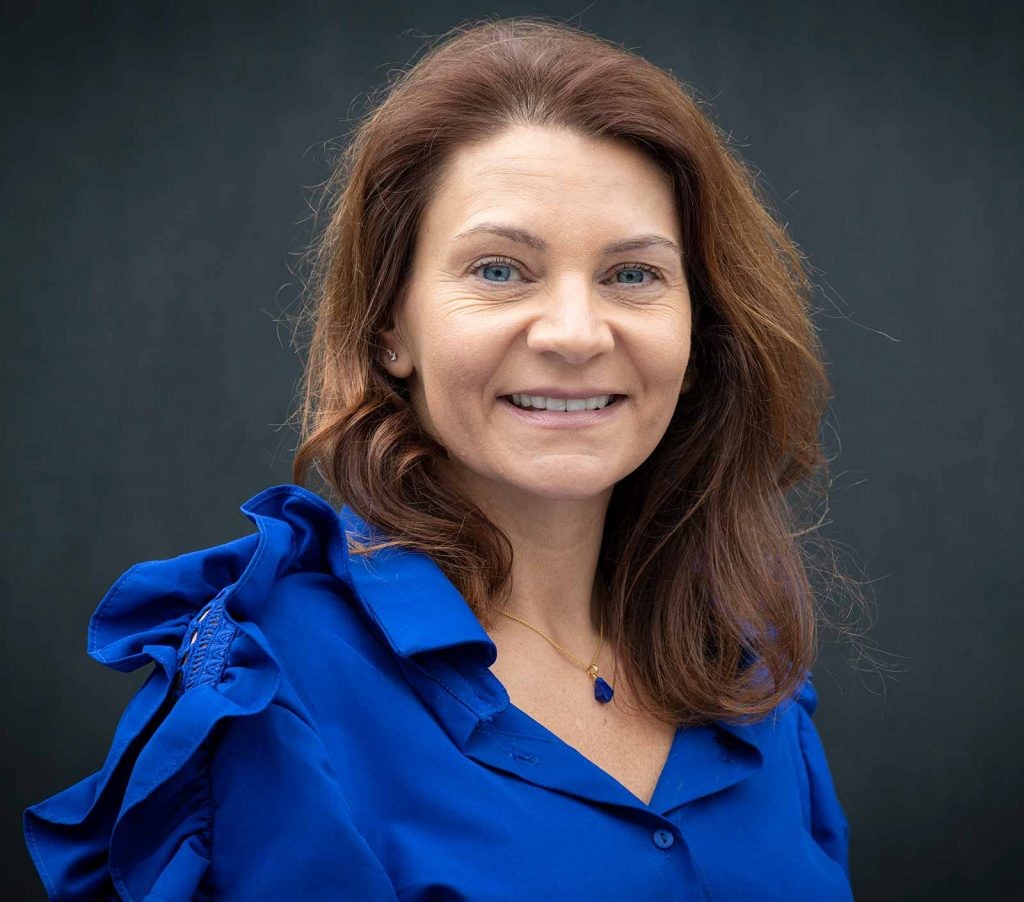
‘I realised I needed to do something I was passionate about’
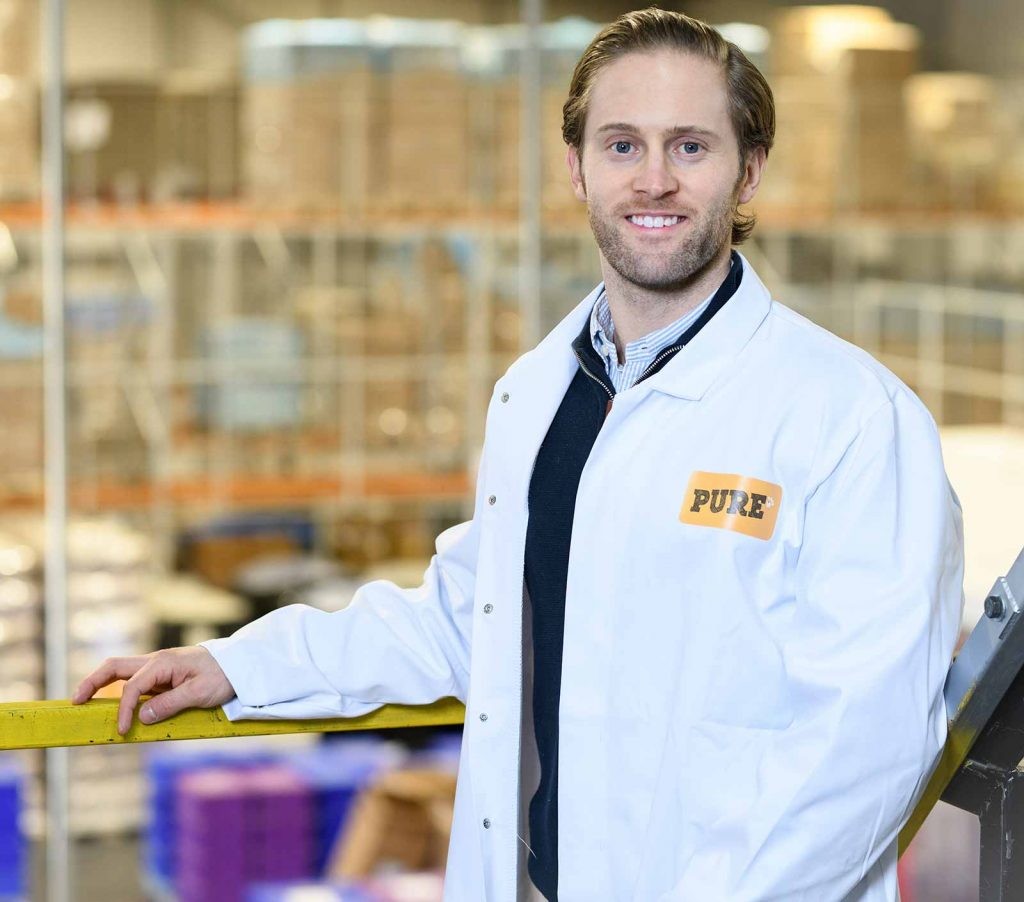
Daniel Valdur Eha FCCA
CEO, Pure Pet Food
In the first 18 months of setting up the business, we were living on as little as possible. All the money we had went into things like upgrading the website. It was very organic and hand to mouth. I kept the stock in my bedroom. It was a lot of hard work, but we scraped some money together.
To raise funding, we had to produce accounts and cashflow figures, and this brought me to ACCA, so I could fulfil the needs the business now had. We managed to raise £5m in venture capital and sold some of the business to fund growth, which I could not have done without ACCA.
I realised that I needed to do something I was passionate about. I also wanted something I could scale that wasn’t just a service but was about building a brand – something bigger. It’s hard work, but it’s also my hobby.
‘Studying for the ACCA Qualification is a good option for migrants and other disadvantaged young people’
Elham Fardad FCCA
CEO, Migrant Leaders
Some of the STEM [science, technology, engineering and mathematics] employers recognise that if they’re going to be innovative, they need diversity of thinking. What better way of bringing in diversity of thinking than through migrant young people who have had a wide set of experiences?
Studying for the ACCA Qualification is a good option for migrants and other disadvantaged young people. The skills you learn are directly applicable to a finance and accounting career, and that is applicable to a wider business career.
Migrants don’t come here to fail. They come here to succeed. And that drive to succeed is really valuable to the British economy.
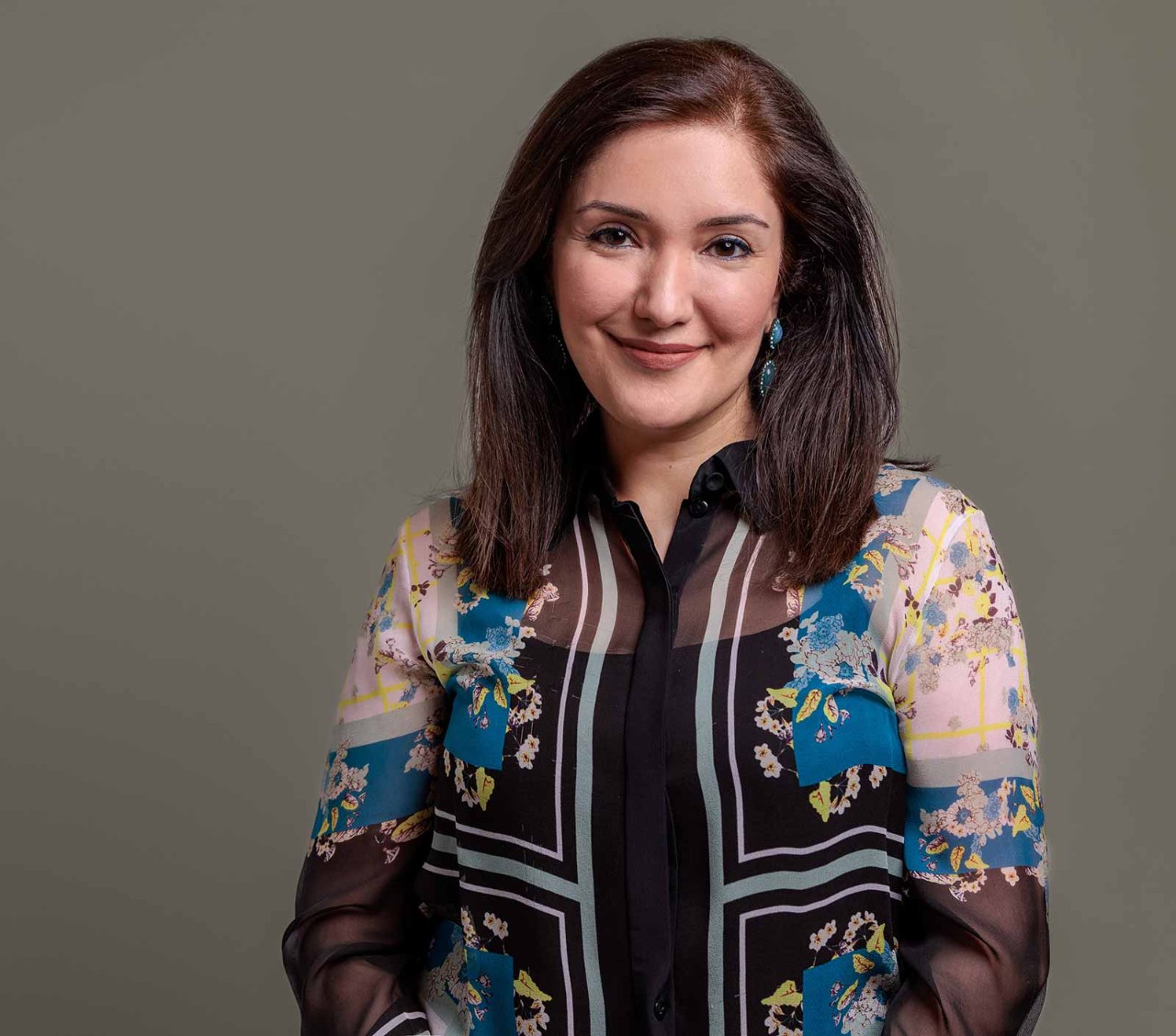
‘It was a growing business that was a classic example of “successful but stuck”’
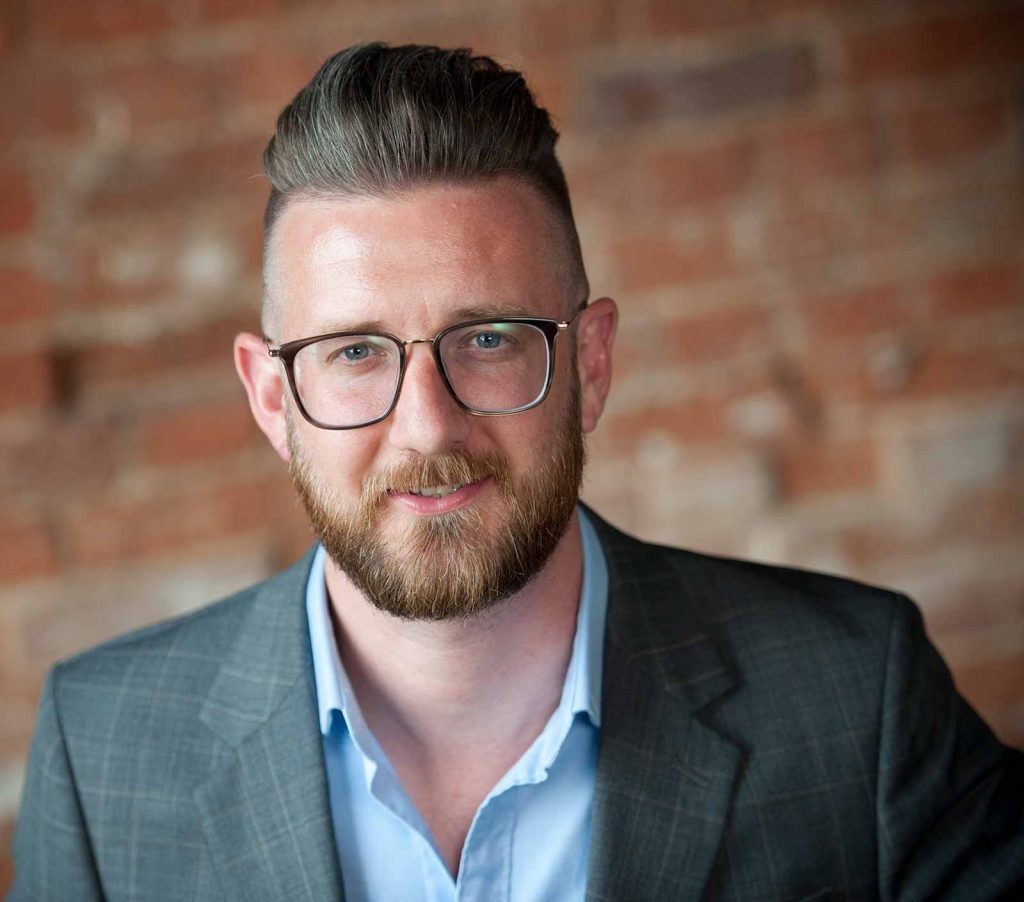
Robert Hoy FCCA
FD, William Morris London
Initially I thought the business was a bit too small; I didn’t think they were quite at that stage where they needed a finance director. But the owner is very savvy, and he realised he needed someone to move the business forward. It was a growing business that was a classic example of ‘successful but stuck’. The owner was doing a vast amount of work very directly and wearing too many hats.
We created a top-down strategy, which turned into a plan with milestones and timelines and key objectives. We added enough formality to give the business control without stifling it; it’s important not to kill a business with red tape.
Now, if a new opportunity comes along, we can look at the plan and ask ourselves, does this fit the plan? It gives order to growth and helps business owners avoid ‘shiny-new-things’ syndrome.
‘In every job I’ve been like an annoying child asking endless questions’
Leona Mondsee FCCA
CFO of the fintech Rebank and GenCFO’s Finance Leader of the Year
In every job I’ve been like an annoying child who walks around asking endless questions. ‘Why are you doing that? What does that mean? What is this? Why do people do that?’ I’m just fascinated by the mechanics of getting things done. Learning is very addictive for me.
I took a job in pharmaceutical purchasing for a big healthcare group and was placed with an entire floor of accountants. It was heaven. I understood what the company was doing with purchasing, but when it came to budget and the accounting side, I was fascinated by the processes.
I realised that accounting really is the language of business; it allows you to sit at the top of the tree and put your roots into every aspect. I chose ACCA because I wanted to be able to get everywhere. I didn’t want anything to be off limits.
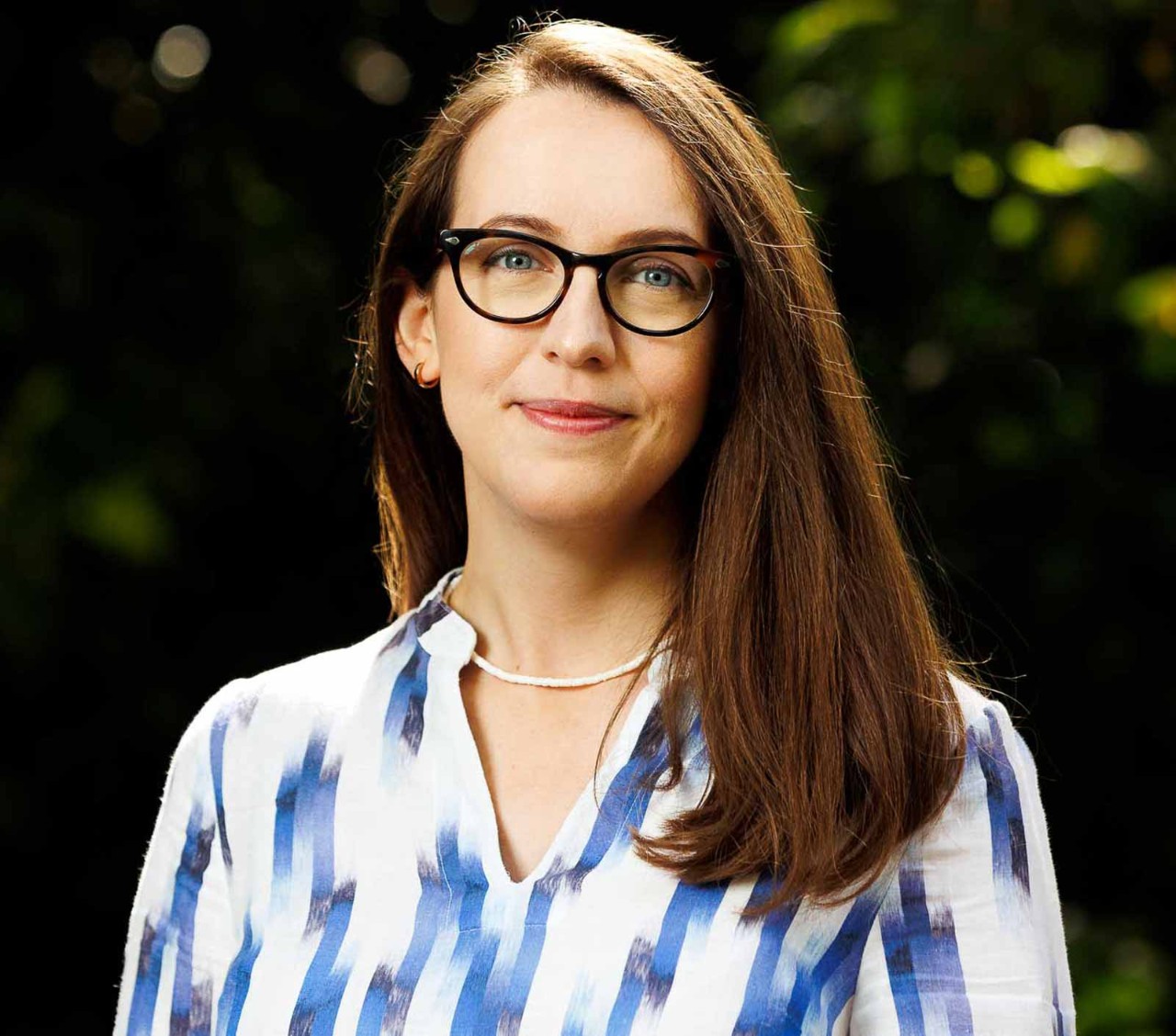
‘We’ve been shouting about the culture of wellbeing for years, and now it’s also generating economic recovery’
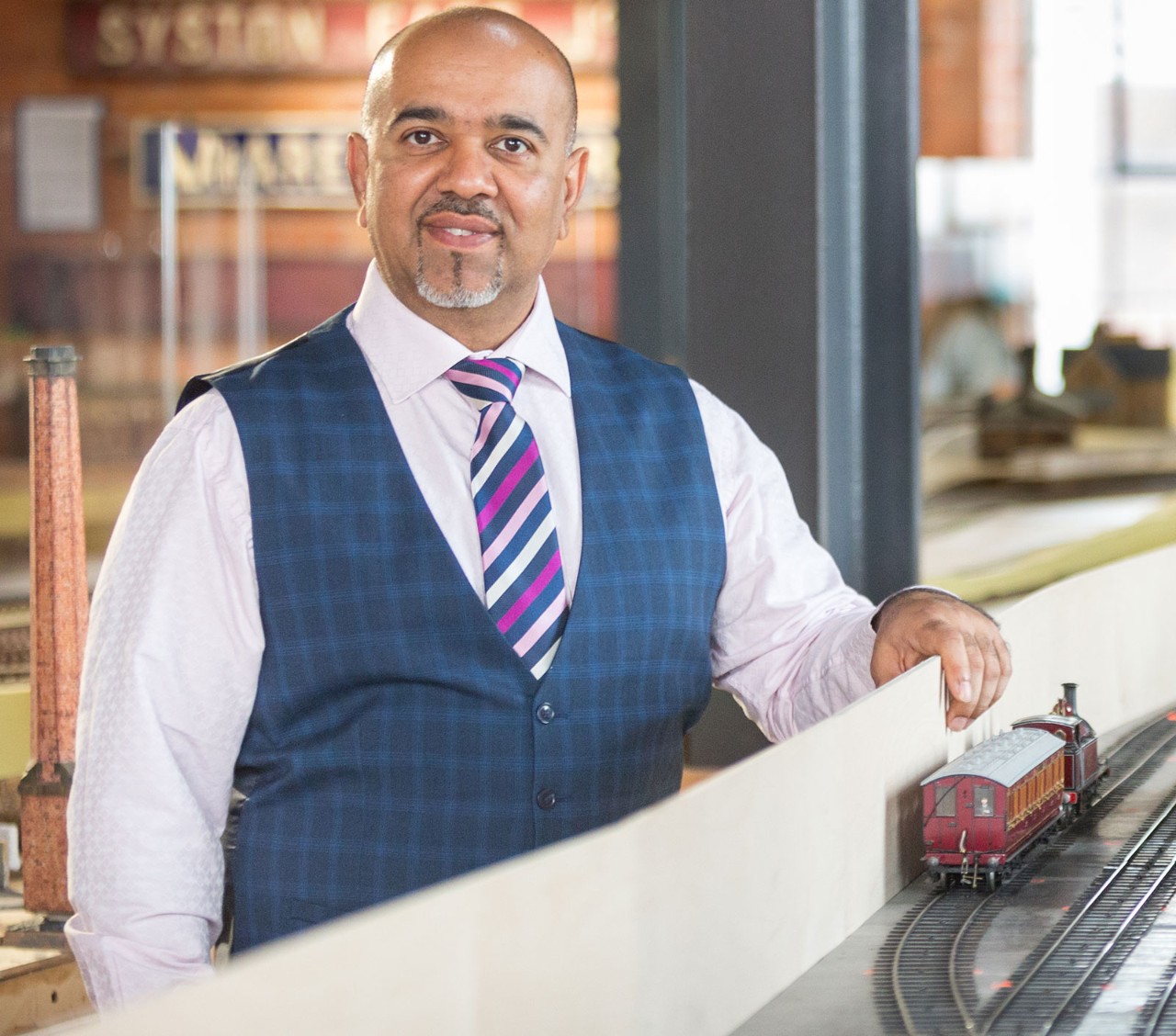
Mo Suleman FCCA
Director of resources, Derby Museums
During the pandemic, donations and commercial income fell off a cliff. We applied to trusts, foundations, the government support schemes – anywhere that was offering financial support. I must have completed 20 or 30 different cashflow forecasts in those first few weeks and my team didn’t take a day off, but it paid off.
We received support from the government’s Culture Recovery Fund and a range of other national and local schemes, which was fantastic. We couldn’t have got through it without that.
When things unlocked, we knew that people would want to be out and about and doing things. When we first floated the idea of a three-mile walking route, taking in a series of 30 specially commissioned sculptures across the city, sponsored by local organisations, Derby City Council was against the idea. But we persuaded them to trust us – and the mayor has since said that he’s very glad they did. We’ve been shouting about the power of culture for wellbeing for years – and now it’s also generating economic recovery.


